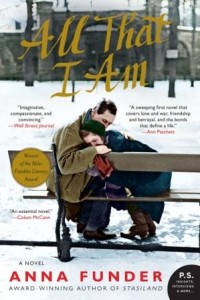
“Last week they loaded me into the MRI machine, horizontal in one of those verdammten gowns that do not close at the back: designed to remind one of the fragility of human dignity, to ensure obedience to instruction, and as a guarantee against last-minute flight.” (page 7)
Ruth and Dora are cousins, and Ruth is easily swept up into the passion of the Socialist party Dora belongs to because she’s already fallen in love with the words of a young man, Hans. Even at the beginning, there is a tension between Hans and Dora, and while Ruth first mistakes it for a lover’s intimacy, it is clear to the reader that the tension is born of jealousy and competition. The beginnings of the movement hold close to their ideals for peace and workers’ rights — even equal rights for women — but those ideals are tested time and again. These ideals are burdened and even broken, as seen through the eyes of the individuals tested. Funder’s unraveling of the story in two perspectives — Toller and Ruth — can be frustrating, as Toller and Ruth tell their stories from different points in time, which calls into question whose memory is more reliable. Both are looking to the past before WWII and their early days in exile, and Funder leaves enough clues along the way for readers to pick up on the essence of the outcome.
“From what Bev has told me, an addict can lose ten years of their life in a quest for exactly this: the constant present tense. Afterwards, those who do not die wake to a world that has moved on without them: it is as if nothing happened to the fiend in those years, they did not age or grow and they must now pick up –” (Page 201)
Whether the drug is an opiate, morphine, or memory, these activists, these friends, these compatriots become blind to the realities of their exile. Rather than remember their past glories with fondness, Hans, in particular, and Toller become absorbed in the images of themselves — those they created or were created of them. Funder is calling into question the image we have of ourselves and those that others have of us — are those perceptions mirrors of themselves or are they a bit distorted when compared.
All That I Am by Anna Funder sheds light on the lives of German ex-pats before WWII, and the secretive life some of them led as they tried to help those they left behind in Germany. But at it’s heart, the novel is about how politics and ambitions can distort friendships or not matter at all. It’s also about the enduring love for those we know and love, even those that are unworthy of that devotion and those who also offer more of themselves to the world and others than they do to themselves. A novel of memory, love, devotion, and self-sacrifice worth reading.
About the Author:
Anna Funder’s international bestseller, Stasiland, won the Samuel Johnson Prize for nonfiction. Her debut novel, All That I Am, has won many prizes, including the prestigious Miles Franklin Literary Award. Anna Funder lives in Brooklyn, New York, with her husband and children.
Visit Anna at her Website and connect with her on Facebook.
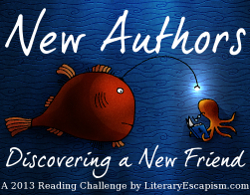



 About the Author:
About the Author: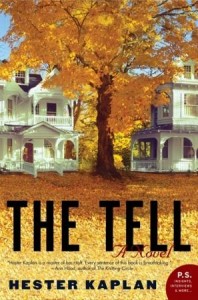
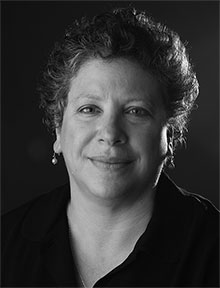 About the Author:
About the Author: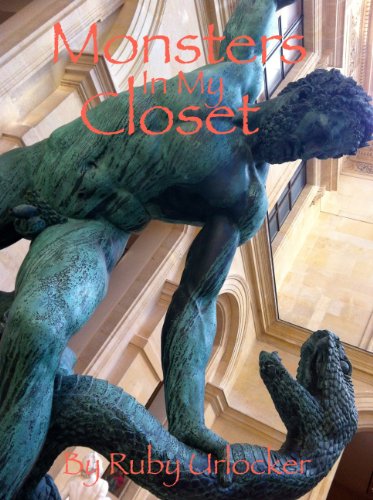
 About the Author:
About the Author:

 I’m joining this challenge again because there are some books I wanted to read in 2012, that I didn’t get to read yet. I’ll sign up for Shamrock level: 4 books
I’m joining this challenge again because there are some books I wanted to read in 2012, that I didn’t get to read yet. I’ll sign up for Shamrock level: 4 books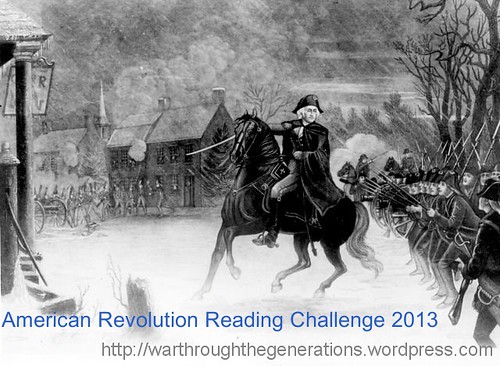 For this challenge, which I co-host with Anna at
For this challenge, which I co-host with Anna at 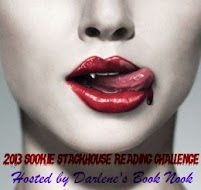


 About the Author:
About the Author: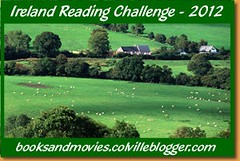
 And finally, for my own two challenges, the Fearless Poetry Exploration Reading Challenge and the WWI Reading Challenge, I exceeded my goals there as well. For the poetry challenge, I pledged to read more than I had read in a previous poetry challenge (in which I read 15) and I read 29 books. There could be more!
And finally, for my own two challenges, the Fearless Poetry Exploration Reading Challenge and the WWI Reading Challenge, I exceeded my goals there as well. For the poetry challenge, I pledged to read more than I had read in a previous poetry challenge (in which I read 15) and I read 29 books. There could be more!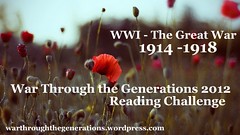 For the
For the 




